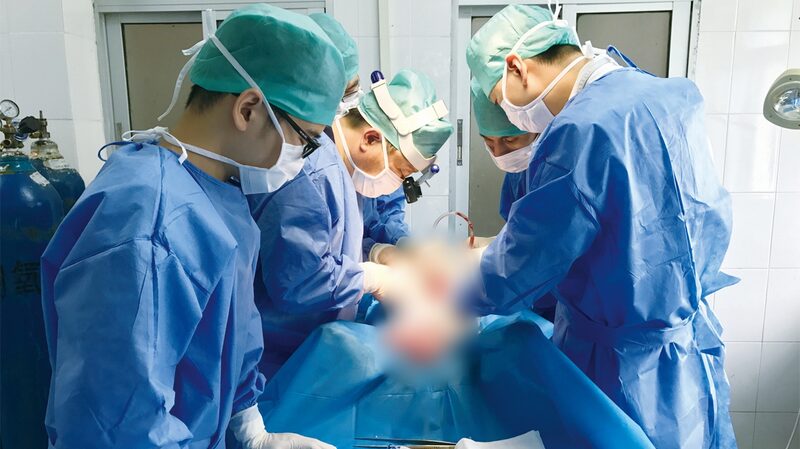Imagine a brain, dead for nearly an hour, brought back to life! 🧠✨ Sounds like sci-fi, right? Well, Chinese scientists have made this a reality, achieving something that could revolutionize emergency medicine and how we treat brain injuries!
In a groundbreaking study published in the journal EMBO Molecular Medicine, researchers led by He Xiaoshun from the First Affiliated Hospital of Sun Yat-sen University in Guangdong Province have successfully \"reanimated\" a pig's brain that had been dead for 50 minutes. That's almost an entire episode of your favorite show! 📺
So, what's the big deal? 🤔
When someone's heart stops, their brain is usually the first to suffer. Within seconds, the brain runs out of oxygen, leading to loss of consciousness. If the brain doesn't get oxygen within five to eight minutes, the damage is often irreversible. This is why cardiac arrest can be so deadly.
But this team has flipped the script! They took a pig that had undergone circulatory death and detached its brain. Then, they connected it to an external life-support system, kind of like plugging your phone into a supercharger when it's completely drained. 🔌⚡
This system wasn't just any life-support—it included an artificial heart and lungs, and even a living pig liver to supply fresh, oxygen-rich blood to the brain. The result? The pig's brain showed signs of restored function and vitality. The brain's cells looked healthier, and even electrical activity was observed!
Why does this matter?
This technique could pave the way for new treatments for cardiac arrest patients. By preserving brain function even after significant time without oxygen, we might improve survival rates and reduce brain damage.
It's like giving the brain a second chance! ♻️💓
This research could have a massive impact on emergency medicine and how we approach critical care. While we're not reviving humans just yet, this study brings us a step closer to understanding how to protect the brain after severe injury.
Stay tuned for more updates on this exciting development! 🚀
Reference(s):
Chinese Scientists Revive Pig Brain That Had Been Dead for 50 Minutes
cgtn.com




